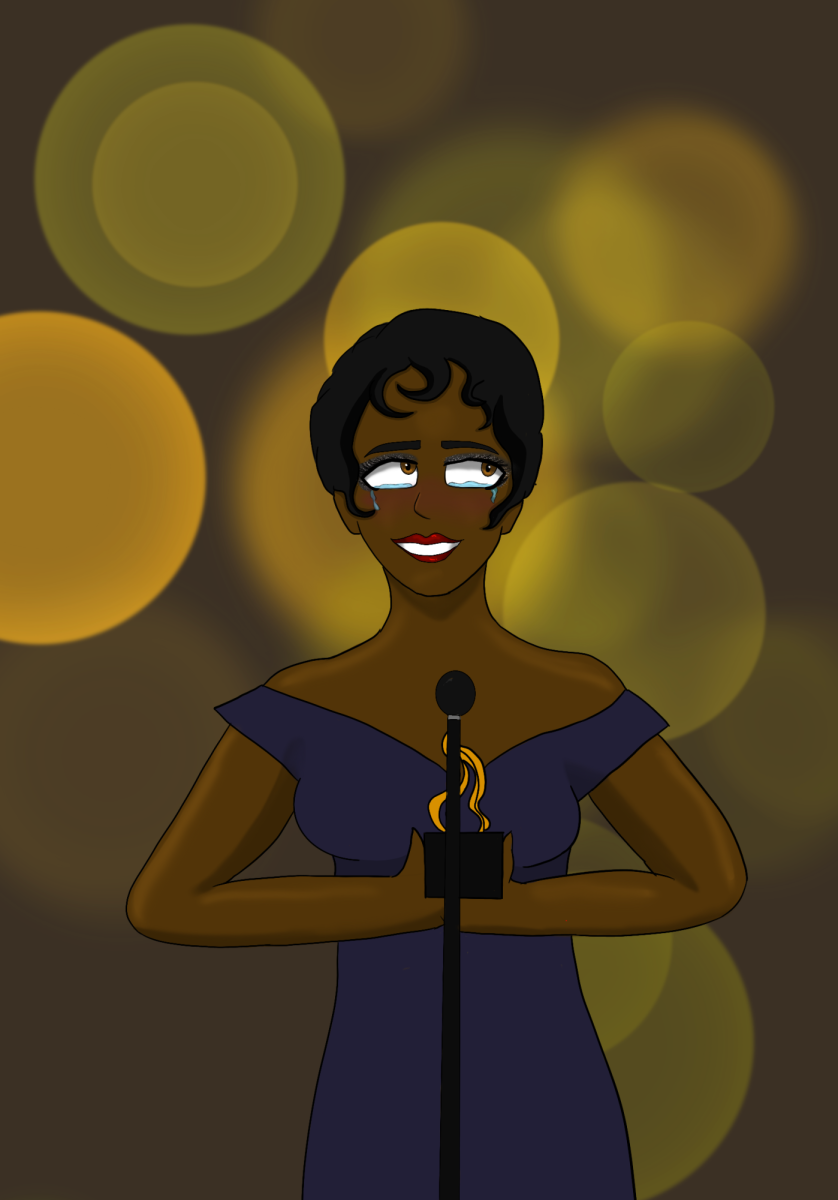Racism is one of the biggest controversies surrounding the Academy Awards: they’re too white and lack diversity. The academy needs to do more to combat this lack of diversity.
The Academy Awards are historically bad when it comes to inclusion and diversity. Women have only made up 17% of nominations since 1929, and people of color only make up 6%, according to USC Annenberg’s Inclusion Initiative.
To understand why this is, let’s look at the history of the Oscars and Hattie McDaniel, who — in 1940 — was the first Black actor to win an Oscar.
At the award show, McDaniel was sat at a segregated table in the back and not allowed to attend the after-party because it was “Whites Only.”
The Academy Awards have progressed in some ways; however, the segregated past has merit on present-day nominations and winners. While, yes, in recent years minorities have won awards, substantial changes have not been made.
The Academy Awards have more work to do to become a fair and inclusive institution.
Diego Medina, a freshman with an undeclared major, noticed very little Hispanic representation at award shows.
“The last time, like, someone, I could think of was (a Hispanic award winner), you see I can’t even think of someone,” Medina said.
At the Emmys, only three Black women have won the award of supporting actress since the awards originated in 1949, according to Rolling Stone. The latest winner was Ayo Edibri, who won in 2024 for supporting actress in comedy series “The Bear.”
When there is a great disparity between white actors and minorities winning these awards, it’s clear racism plays a role. Minority and female actors deserve the opportunity to be acknowledged for their efforts in film when they are just as good as their white and male peers.
“Yeah so there’s a very big lack of diversity with the Hispanic and Latino culture award shows. So that’s the big thing,” Medina said. “As a Hispanic who is very into all that, and having the lack of diversity, like, being represented at all.”
Maggie Kanapilly, a sophomore with an undeclared major, believes equity in the Academy Awards depends on the category. Music awards, for instance, may seem more diverse than movie awards.
“Grammy-winning artists, that tends to be more diverse than movies,” Kanopilly said. “Like there will be, there’ll be like a diverse amount of singers or rappers that get Emmys or Grammys, as to where actors it tends to stay more towards male whites.”
The Grammys have also had its fair share of complaints about diversity.
From 2012 to 2020, only 26.7% of nominees were Black, even though 38% of all artists on Billboard’s signature chart were Black during that time, according to CNN Business. The Grammys aren’t doing much better than other Academy Awards regarding diversity.
Joseph Flynn, executive director of the NIU Division of Diversity, Equity and Inclusion, explained past major awards shows did not include marginalized groups.
“Well, historically most of the organizations that put on award shows, like Hollywood foreign press, with a Golden Globes and National Academy of Motion Picture Arts and Sciences does the Oscars, historically they’ve been overwhelmingly white and conservative organizations,” Flynn said. “And I think because of that they didn’t always feature or focus on films and/or performances of predominantly minority projects.”
Recently, major award shows began recognizing minorities, trying to right their wrongs and attempting to become more inclusive.
“I think it’s began to, it’s begun to change incrementally, especially after the Oscars, so white movement from a few years ago,” Flynn said. “I know the academy made changes to how people are included in the academy, how you can, how you can become a member of the academy, and that offered an increase in diversity in the ranks of the academy. So they’re beginning slowly but surely to see more people of color represented but you know, there’s still some, some grounding.”
The Academy Awards are changing too slowly. Even if the awards have taken steps to be more diverse, they still have a long way to go to shed the moniker of being non-inclusive.




















